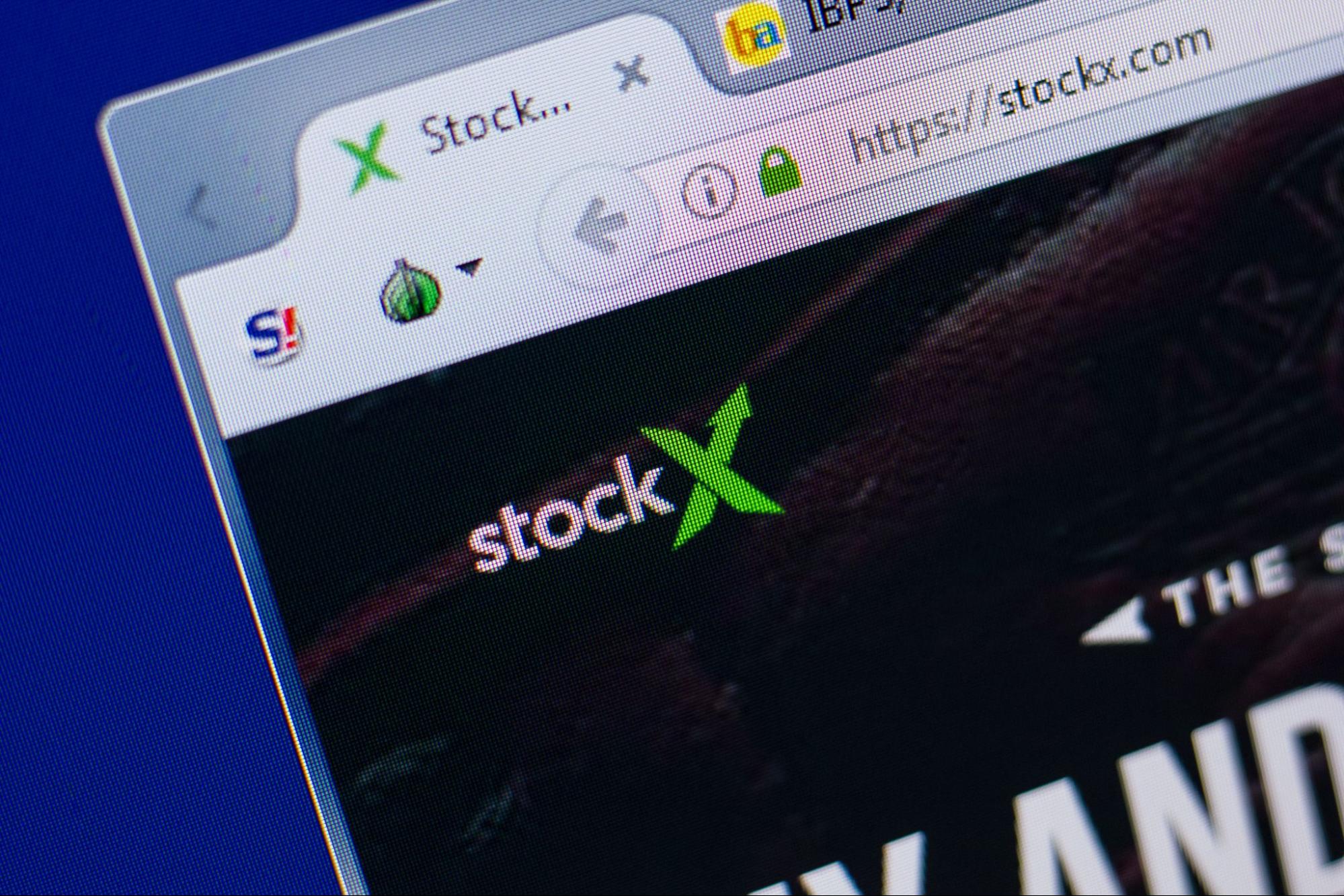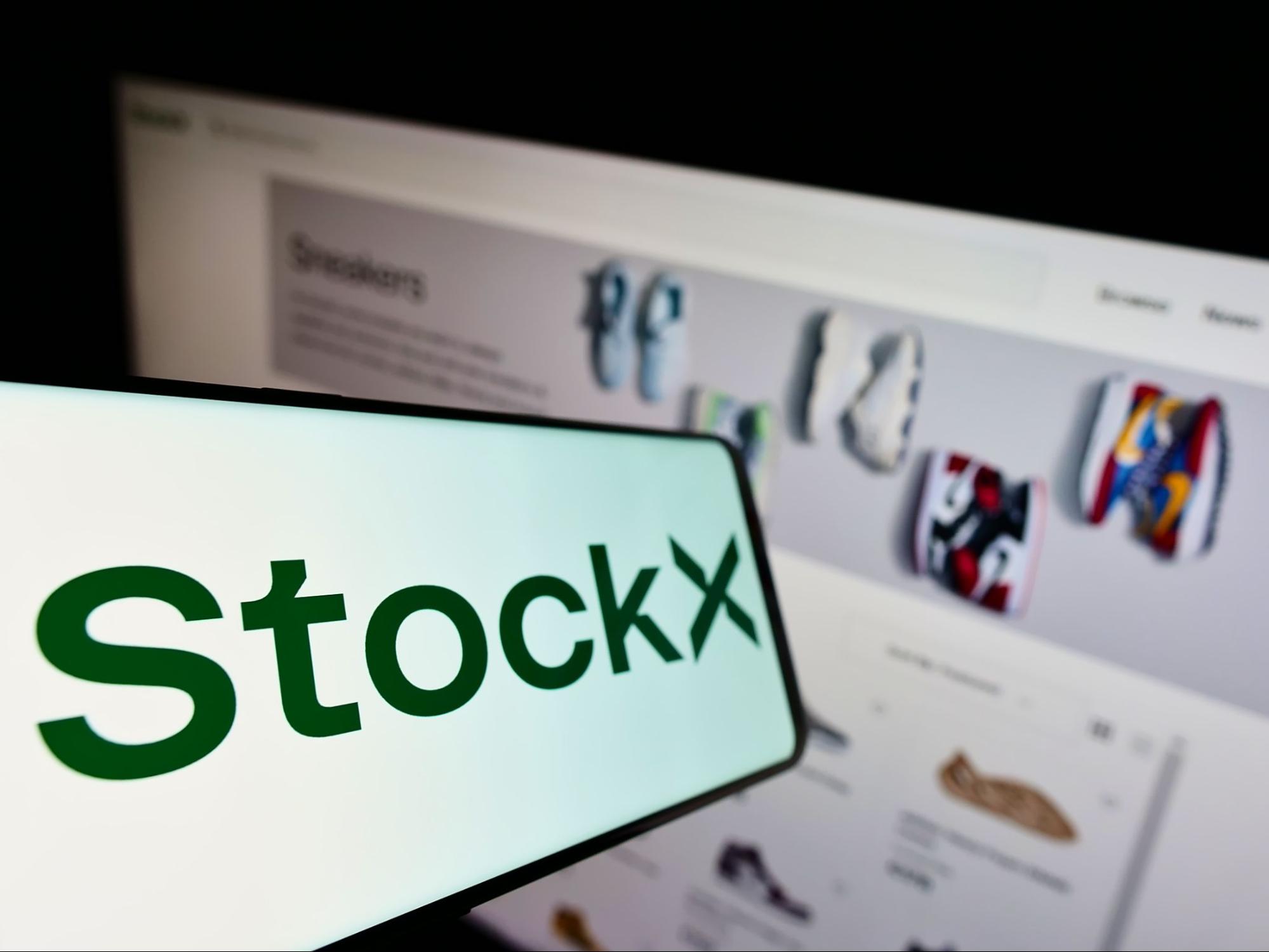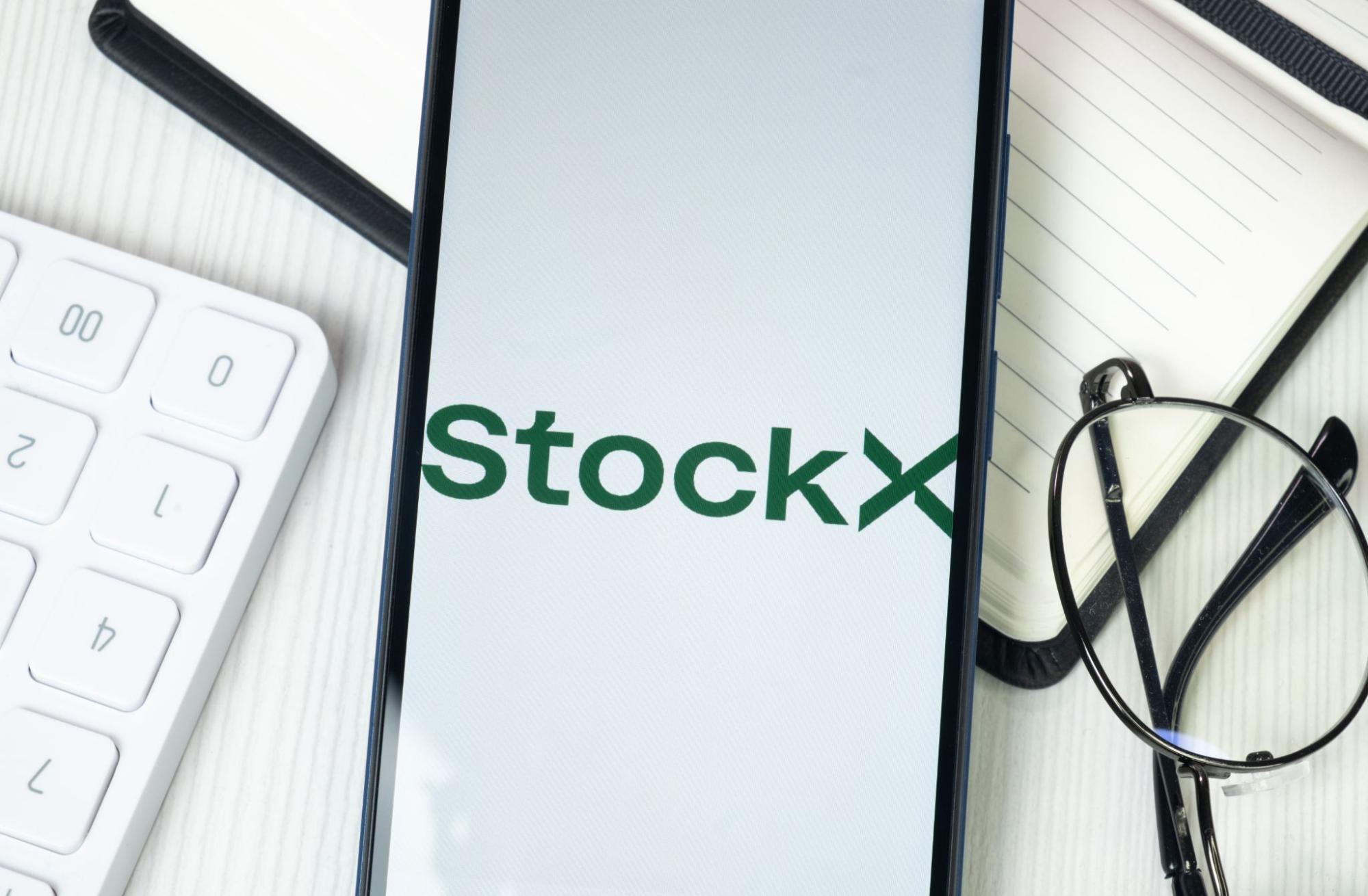Are you excited to discover if those trendy sneakers or that collectible you’re eyeing are truly authentic? StockX has positioned itself as a trusted marketplace, and we’re eager to dive into how genuine this platform really is before you make your next bid or list your items!
StockX has quickly become a standout name in the sneaker and streetwear resale scene, often emerging as the go-to destination for collectors and resellers after limited-edition shoes or exclusive gear. With its impressive growth, it’s natural to have questions about legitimacy, safety, and fees.
So, is StockX legit? More importantly, can both buyers and sellers depend on it? Let’s take a closer look at how the platform operates, its authentication process, fee structure, shipping policies, and the protections it offers. Plus, we’ll share some valuable tips for successful reselling.
What is StockX and How Does It Work?
StockX operates like a stock market, but instead of buying shares, you trade sneakers, streetwear, electronics, and collectibles. Buyers place bids on items, and sellers list asking prices. When a bid matches an ask, the sale happens. Sellers ship the item to StockX for authentication before it reaches the buyer, creating a trust layer between buyers and sellers.
This unique marketplace offers transparency with real-time price charts and market data that help resellers track value trends and time their buys and sales effectively. With millions of users globally, StockX is a powerful tool for anyone looking to enter or grow in the reselling space.
StockX’s Authentication Process: Legit or Not?
One of StockX’s strongest selling points is its rigorous authentication system. Every product sold through the platform is sent to one of StockX’s six global authentication centers. There, trained experts inspect every detail of each item.
What Experts Check
- Stitching, materials, and logos
- Packaging and box condition
- Sizing and style codes
- Even the smell of the sneakers (surprisingly!)
If an item doesn’t pass inspection, it is rejected, and the seller absorbs the loss. This zero-tolerance policy is essential to StockX’s reputation and is a major reason users trust the platform.
The Signature Green Tag
Every authenticated product comes with StockX’s green verification tag, proving it was inspected and approved by professionals. Once removed, the item is no longer eligible for returns, making it a trusted seal of authenticity for buyers.
StockX Buyer & Seller Protections
StockX is designed to create a safe and reliable environment for both buyers and sellers. Its protections work behind the scenes to ensure transactions go smoothly, from verifying products before they change hands to providing clear policies for disputes and refunds. This framework builds trust and confidence in every trade on the platform.
- Buyer Protection: If the product fails authentication or isn’t as described, refunds or replacements are guaranteed.
- Seller Protection: Sellers receive payment only after authentication is complete, reducing risks of chargebacks or disputes.
- Tracking Transparency: Both buyers and sellers get tracking info during the shipping stages.
- Dispute Resolution: A support team handles any transaction issues with clear policies.
StockX Fees & Shipping Policies
StockX charges fees that can catch some off guard if not carefully reviewed. Fees fund the authentication service, customer support, and platform operations, which is why they can be higher than those of peer-to-peer marketplaces.
- Seller Fees: Start around 9.5%, higher for new sellers, and can go up based on sales volume or product category.
- Buyer Fees: A small premium above the final price plus shipping fees.
- Shipping: Sellers cover shipping to StockX, which then handles final delivery to buyers. Shipping times can vary, and delays occasionally occur during peak seasons.
Common StockX Concerns
While StockX’s authentication work protects buyers from counterfeits, some users have reported the following issues:
- Shipping delays during popular release periods due to high volume.
- Occasional pricing surprises when including fees and shipping.
- Limited return options once products pass authentication and tags are removed.
- The new Verified Seller program, which allows some trusted sellers to ship directly to buyers, bypassing authentication for speed, has raised trust concerns, despite applying to only a small percentage of sales.
Still, StockX remains far more trustworthy for authentic products than many alternative platforms (eBay, GOAT, Stadium Goods, Kick Crew, etc.).
Comparing StockX to Other Resale Platforms
When weighing resale platforms, the big factors are authentication, fees, buyer protection, and overall experience. StockX, GOAT, and eBay each bring unique strengths and trade-offs to the table.
StockX vs. GOAT vs. eBay
Aspect | StockX | GOAT | eBay |
Authentication | In-house experts, strict multi-point checks | Dual system: in-house + AI support | Seller-reliant, “buyer beware” |
Buyer Protection | Strong refunds & dedicated support | Good, but varies by transaction | Case-by-case, depends on seller & listing |
Seller Fees | ~9.5%+ | Similar, varies slightly by product | Lower overall, but variable by category & payment method |
Listing & Bidding | Stock-market style: bids and asks | Primarily fixed price with some offers | Auctions, fixed price, or “Best Offer” |
Shipping | Buyer ships to StockX → authentication → buyer delivery | Seller ships to GOAT (authenticates) → buyer | Seller handles shipping directly; quality can vary widely |
Key Takeaways
- StockX excels in authentication and transparency, ideal for buyers who want certainty and verified products.
- GOAT offers a balance of authentication and flexible listings, making it a strong peer competitor.
- eBay provides the broadest reach and lowest fees, but with less consistent buyer protection and authentication.
Pros & Cons of Using StockX
StockX has grown and adapted to keep up with the fast-paced resale world, adding new product categories and improving seller programs and authentication. While it offers solid protection and transparency, there are still a few things buyers and sellers should know before jumping in.
Pros
- Reliable, thorough authentication process
- Market-driven pricing and transparency
- Buyer and seller protections
- Large, active marketplace with global reach
Cons
- Higher fees than peer-to-peer platforms
- Shipping and processing delays are possible
- Limited returns after authentication tag removal
- Verified Seller program reduces authentication for some items
Getting the Most Out of StockX: Tips for Buyers and Sellers
To make the most of StockX, whether you’re buying or selling, following a few best practices can go a long way. These tips will help you navigate the platform’s unique bid-ask system, manage fees wisely, and avoid common pitfalls, so your transactions run smoothly and you build a strong reputation over time:
- Factor in fees and shipping before placing a bid or listing an item.
- Check recent sales data to set realistic bids or prices.
- Keep the StockX tag on unless you’re certain you won’t return the item.
- Track your shipments closely to avoid surprises or delays.
- Understand the Verified Seller program, weighing its risks and benefits carefully.
Is StockX Legit? Here’s the Verdict
For buyers and sellers looking for a trustworthy and transparent sneaker and streetwear resale marketplace, StockX is definitely legit. Its authentication and protections make it one of the safest platforms out there, especially compared to more traditional peer-to-peer options. However, the platform’s fees, policies, and recent shifts with Verified Sellers mean it’s wise to approach with clear expectations as well as a bit of caution.
If authenticity and buyer protection are your top priorities, StockX delivers. For more reselling tips, strategies, and marketplace reviews, don’t forget to sign up for the Resale Pro newsletter to get exclusive insights straight to your inbox.



